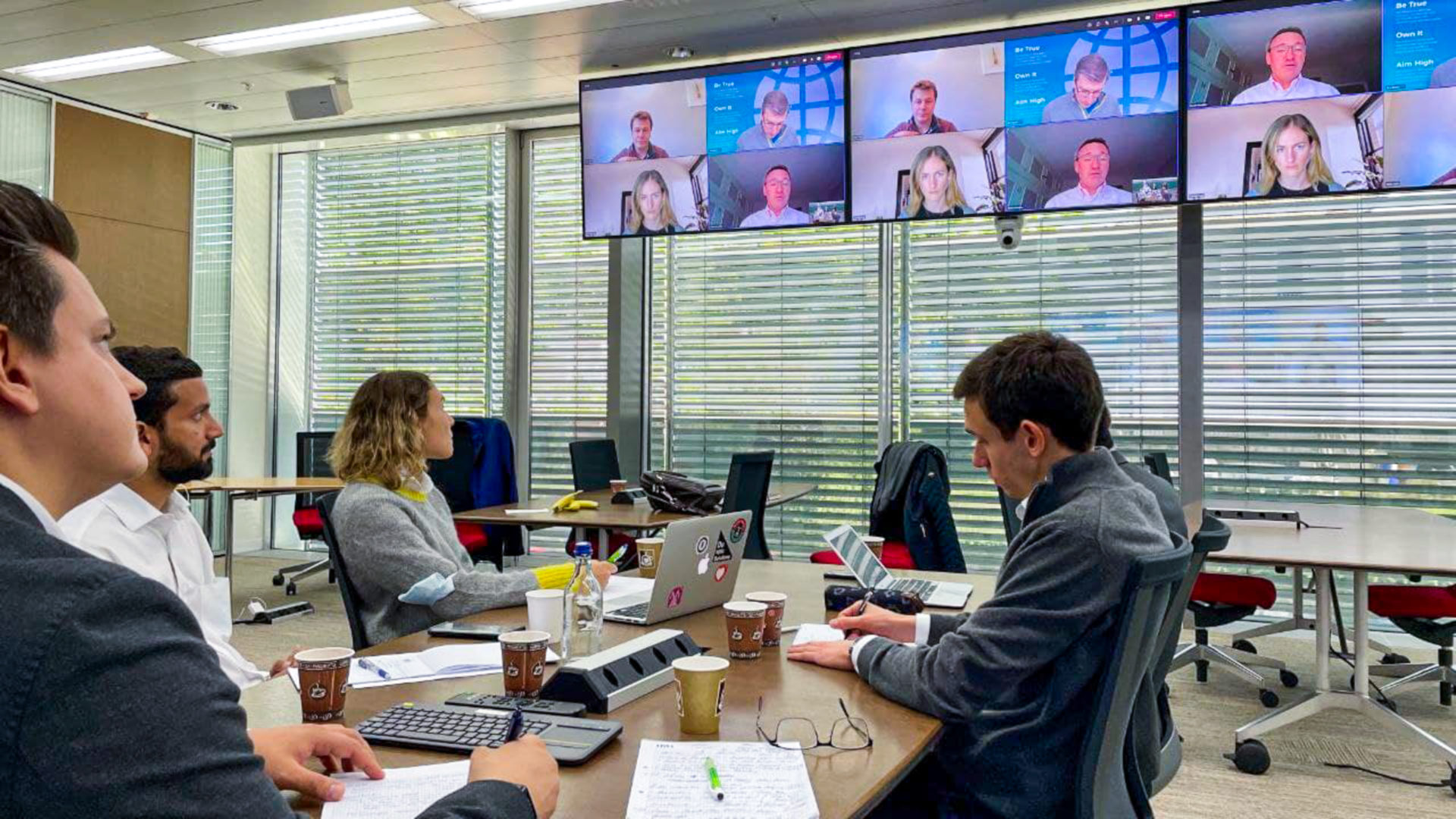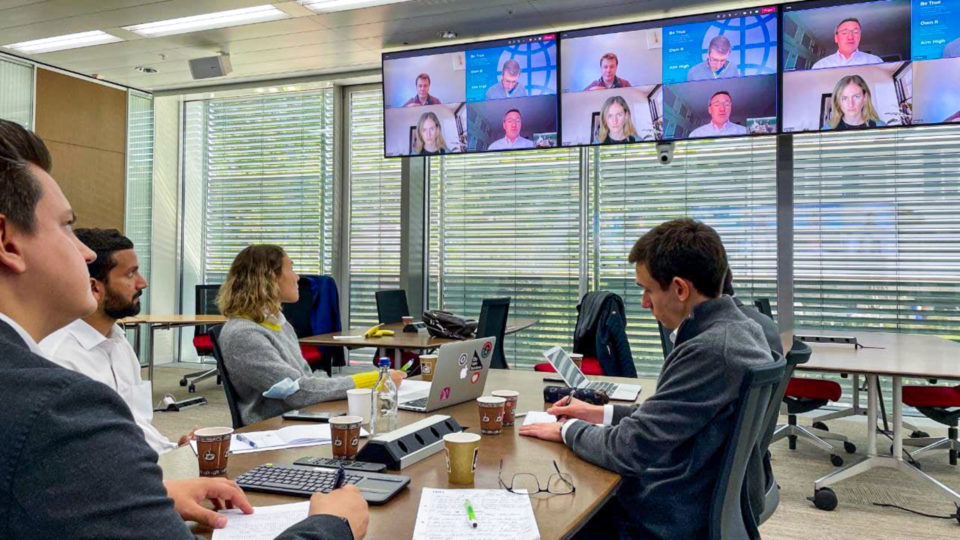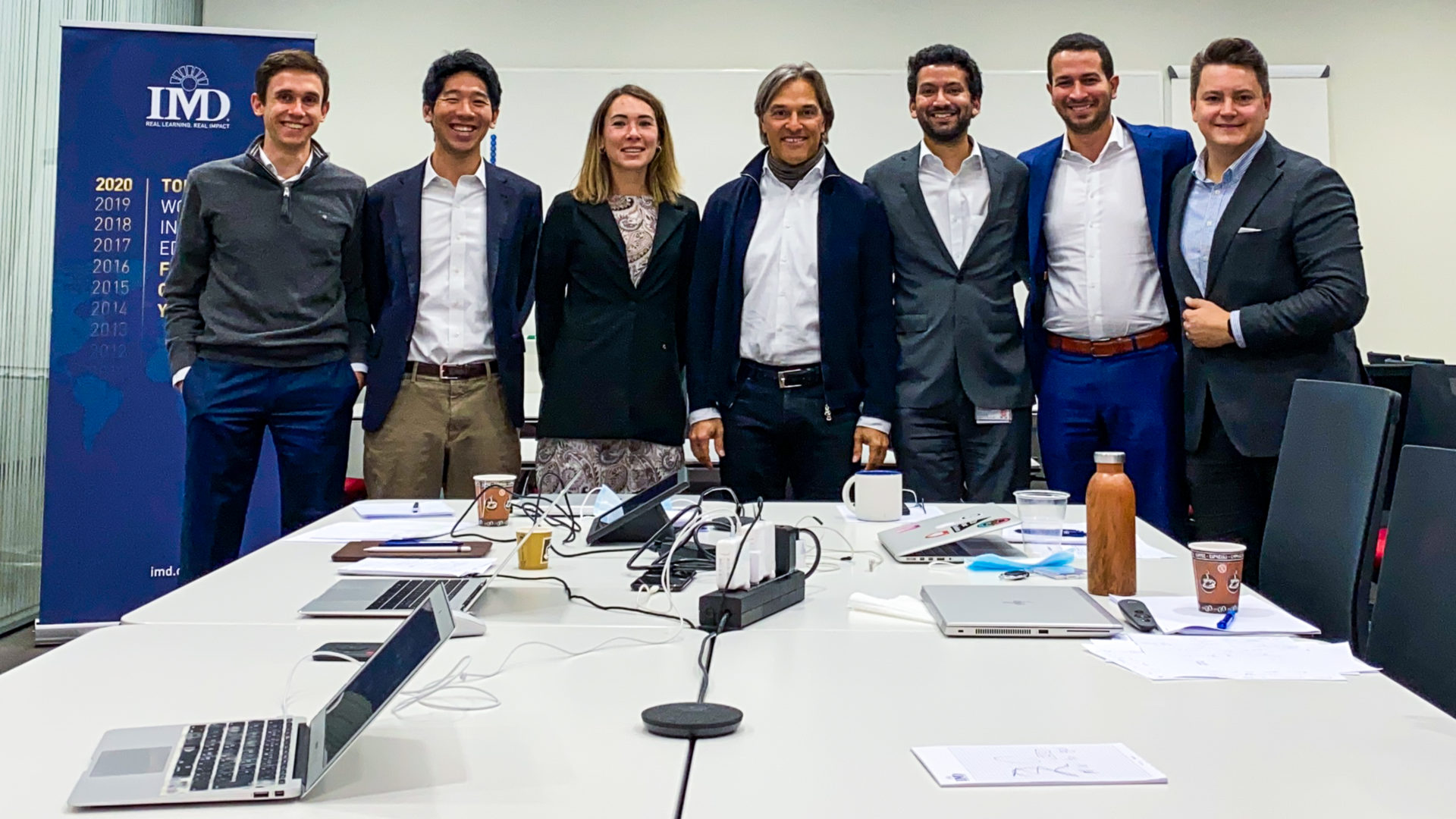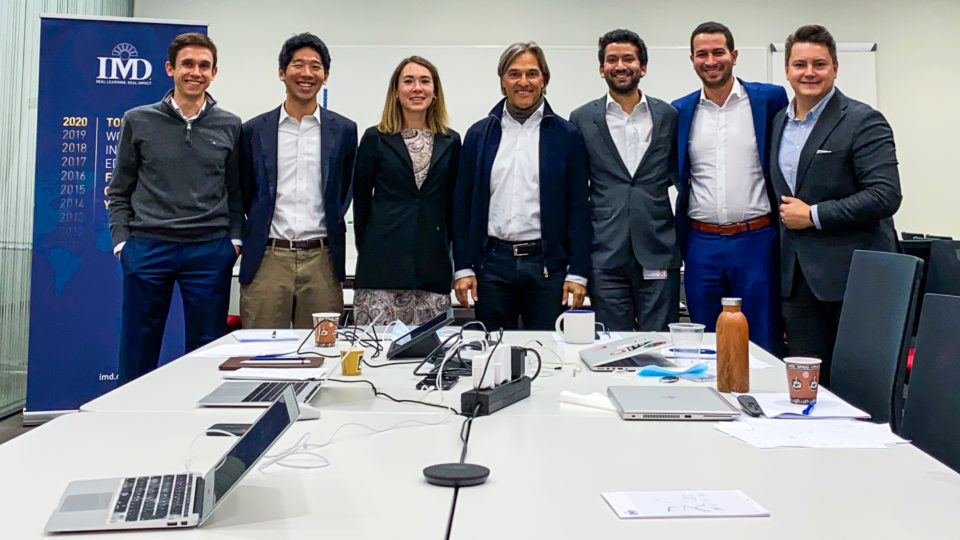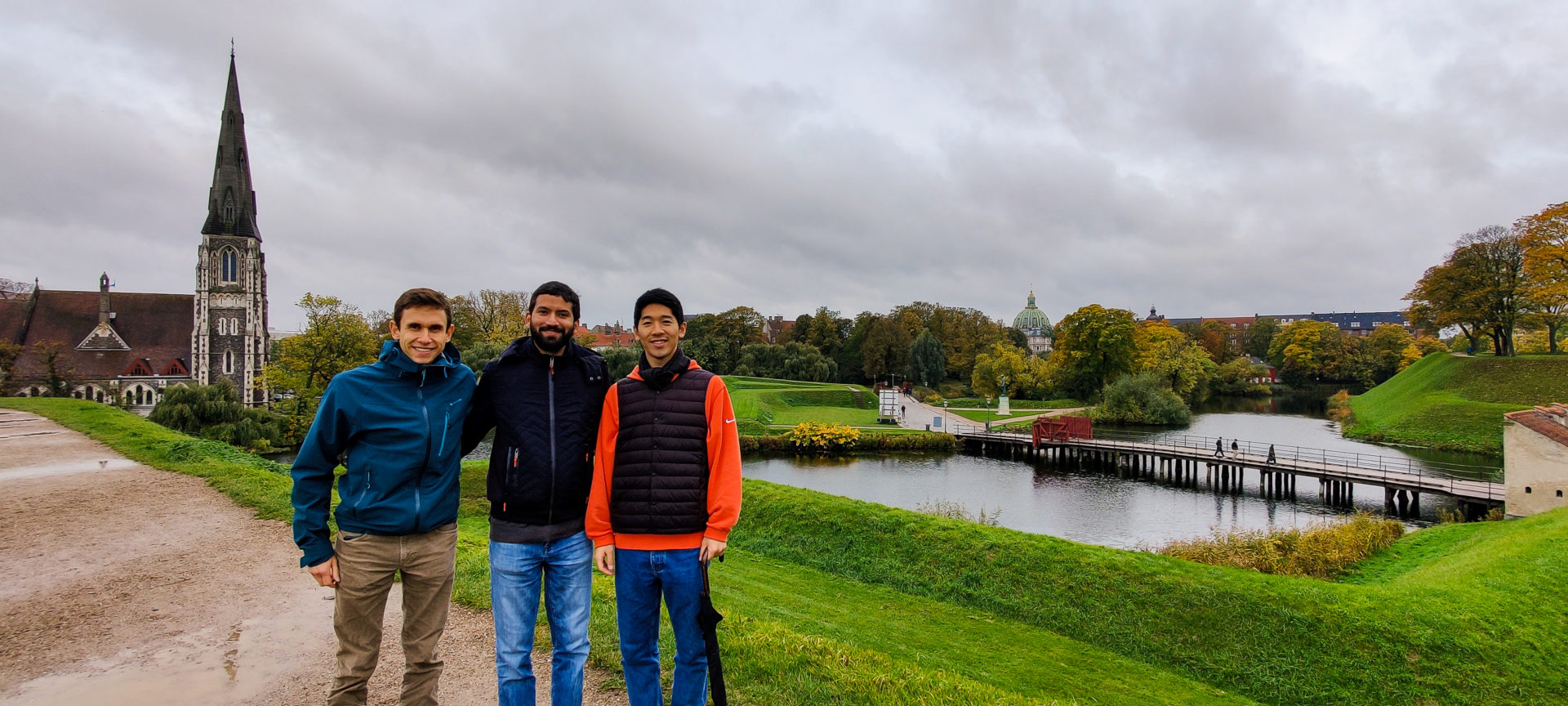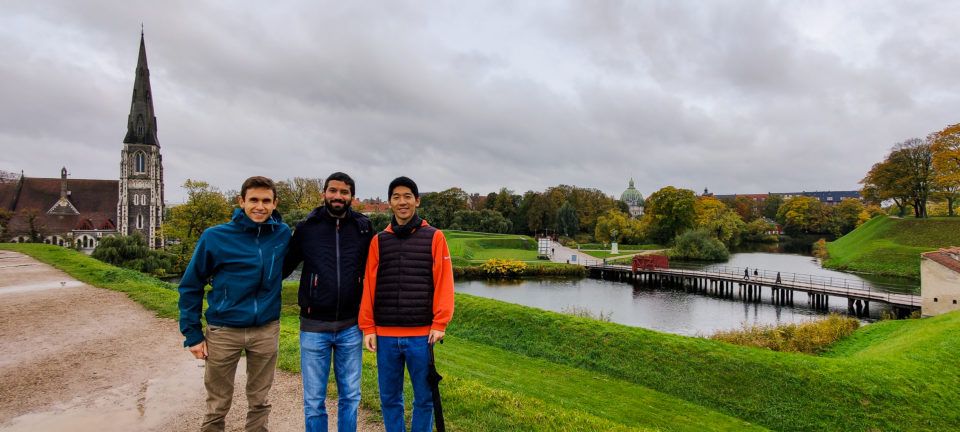Hottinger Brüel & Kjær (HBK) is a German precision measurement expert and advanced instrument manufacturer. They recently formed after merging Brüel & Kjær Sound and Vibration (BKSV) and Hottinger Baldwin Messtechnik (HBM).
Project Background
The parent company Spectris and the newly appointed management have established a vision for HBK. Their vision is to create outstanding products in the digital world. Their mission is to drive the digital transformation of its industry.
Delivering customer value is undoubtedly an essential key success factor. However, what can the company do in its in-house operations to remain relevant and ensure long-term growth? How can HBK prepare itself for the future with the digital transformation megatrend becoming a necessity when, according to McKinsey, less than 30% of organizational transformations succeed?
The initial ICP proposal was to develop Industry 4.0 insights to improve HBK’s quality, accuracy, and speed execution while reducing its lead time. We embarked alongside the company on our project journey advised and coached by Prof. Ralf Seifert.
Project Journey
Our team paid a visit to HBK manufacturing facilities in Germany, attended President’s Kaizen week, and looked at the customers’ pain points. As a result, we noticed a red thread underpinning all our observations: data and technology. However, while Product Lifecycle Management (PLM), Enterprise Resource Planning (ERP), and Manufacturing Execution System (MES) are called “the holy trinity of manufacturing,” technologies, supporting manufacturing and systems alone was neither the answer nor the solution. Two additional dimensions further emerged that helped the team build a framework to understand what Industry 4.0 entails: People & Culture and Governance & Leadership.
To understand the three dimensions of Industry 4.0, our team conducted interviews with industry players, benchmarked manufacturing companies, and took a couple of field trips. We used our own professional connections, as well as the networks of our faculty director, alumni, and MBA classmates. This showed us how various companies approached the digital transformation journey, including the obstacles they faced and how they managed to generate value in the end.
The emergence of common themes
A company should not underestimate the importance of having a solid foundation. This should be built on the practices of Lean Manufacturing, Total Productive Maintenance, and Loss Intelligence, which Industry 4.0 is an evolution of. The whole organization needs to agree on what constitutes a loss – otherwise, as the economist Ronald Coase said, “If you torture the data long enough, it will confess.” The foundational nature of such a transformation makes it challenging to calculate ROI. The only way substantial value can be created comes later, once the building blocks are in place, and quick wins achieved with Minimal Viable Products (MVPs) and Proofs-of-Concept (PoCs) become scalable.
All organizations the team interviewed faced similar hurdles. IT became a handicap since it is generally resistant to disruptive changes and incentivized to preserve the status quo. It is therefore crucial to establish a vision, show what the future could look like, and achieve buy-in at all company levels. Once the mindset is there, introducing strategy and governance and bridging the digital capabilities gap by upskilling the workforce and hiring digital natives creates considerably less tension.
Not only has the project been a fantastic learning opportunity for the team, but it has also certainly been a fun experience. While we had to adjust travel itineraries according to pandemic restrictions, we nevertheless managed to visit HBK manufacturing facilities twice and made a couple of trips to Denmark and Italy. This enabled us to learn from local manufacturing companies in the field, and engage in team-building activities in between.
Throughout the project, the team has also looked into HBK and its internal operations. We interviewed various stakeholders to understand the business and its pain points, synthesized our findings and created an Industry 4.0 roadmap tailored to HBK. The roadmap outlined the steps to follow, pitfalls to avoid, and the gaps to bridge in the coming years.
Prof. Ralf Seifert, with his in-depth understanding of the subject and experience in the field, was instrumental in our success. The company has also been highly supportive – Carmen Jung and Pete Kalet, sponsored by Ben Bryson, were a great help for the team throughout the project. Every stakeholder we have approached has shown genuine interest in the project’s outcome and a sincere desire for the company to improve. Working with HBK has been a true pleasure and certainly one of the major highlights of our MBA year at IMD.
Dmitry Makarov, Olga Dimitrenko, Ravi Kundalia, Adrien Reymondet, Mohammad Barghouthy, Shinya Moriuchi
